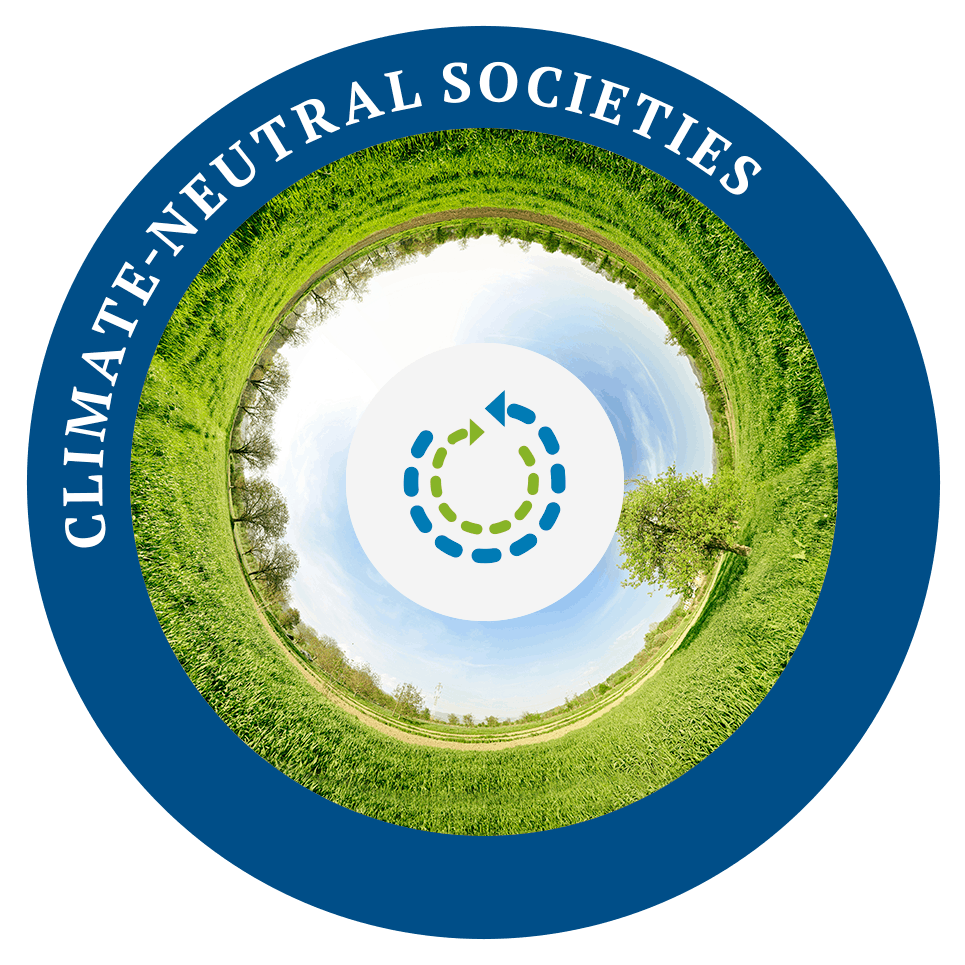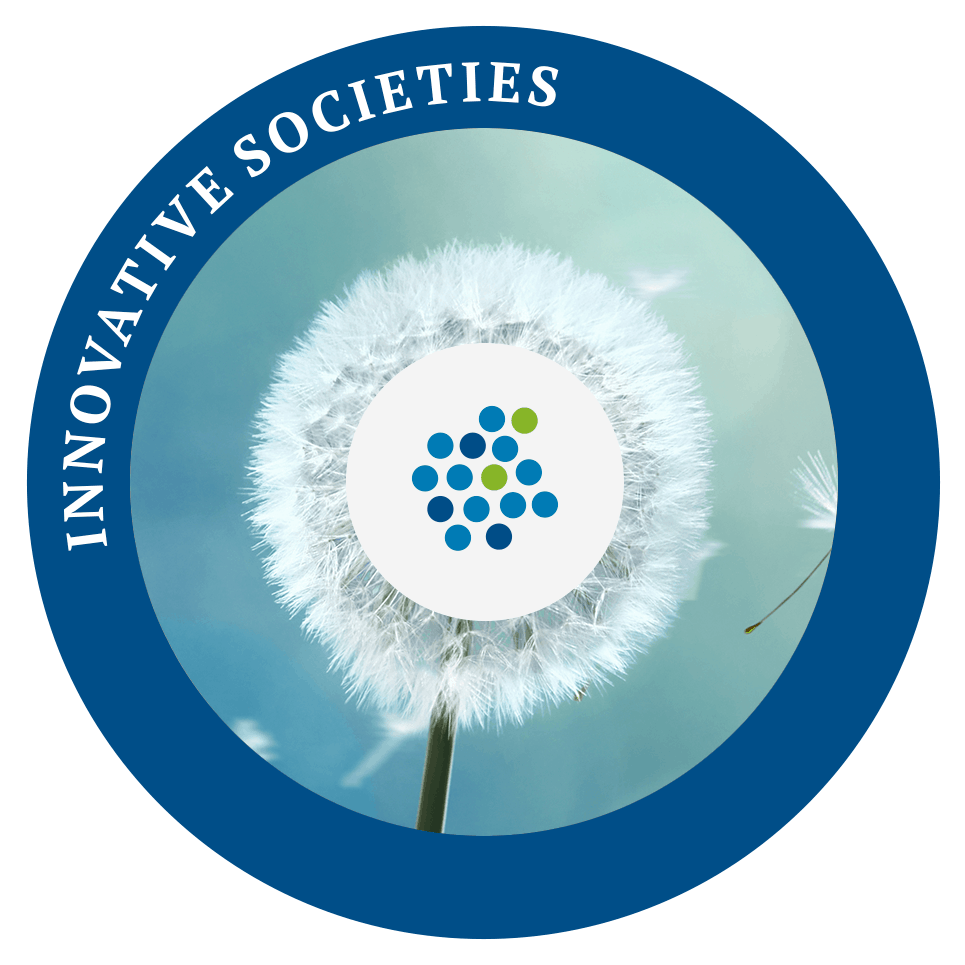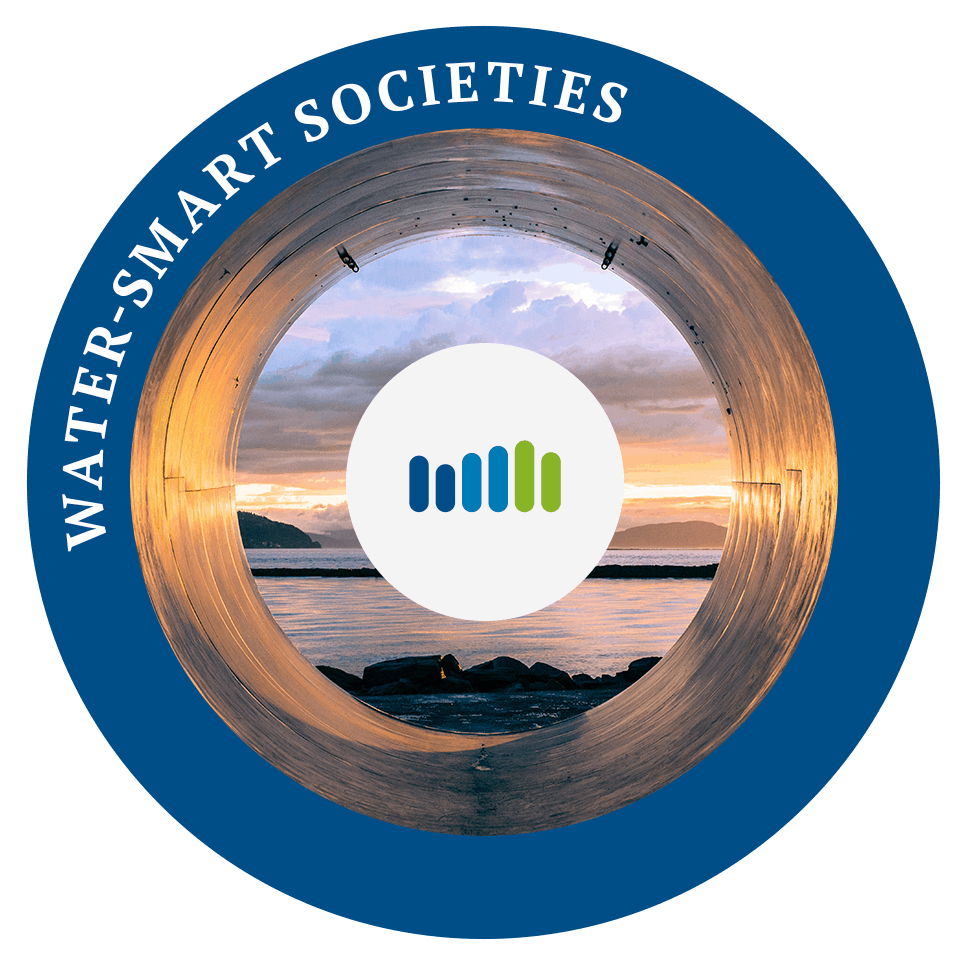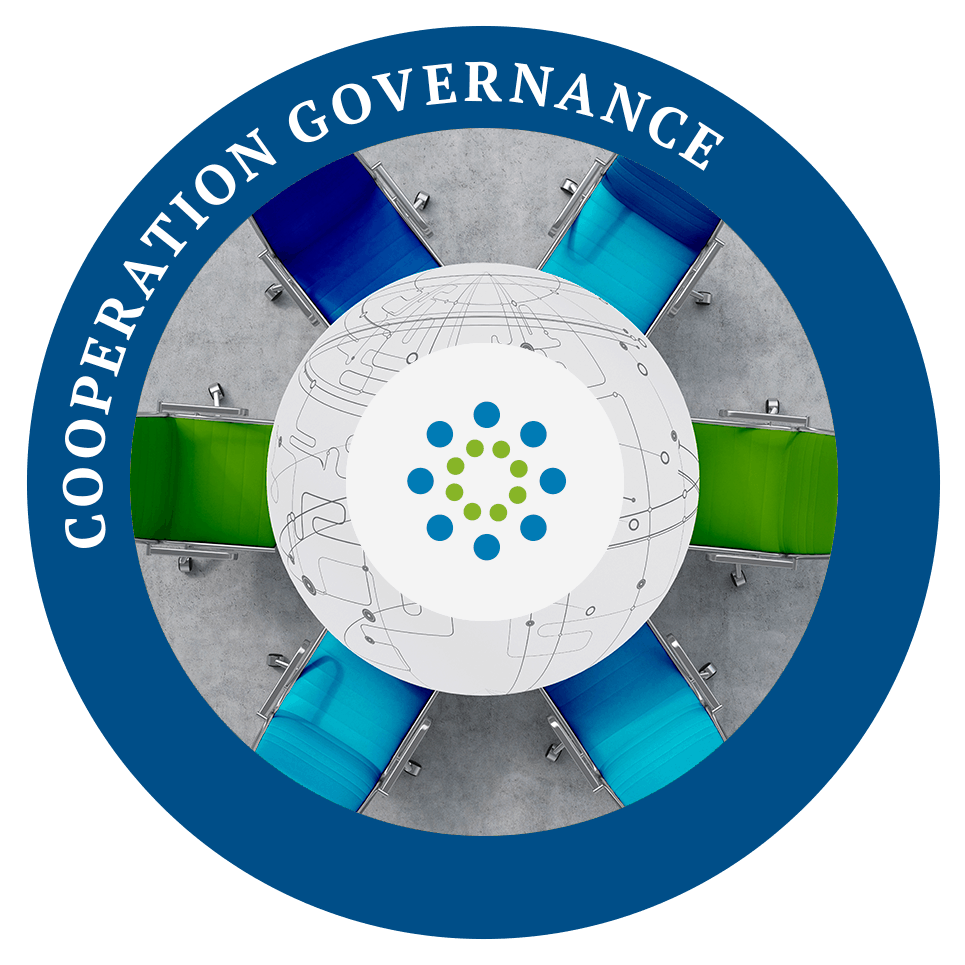priority 3: Climate-neutral societies
Objective 3.1
Circular economy
The Programme supports actions that facilitate the shift from linear to circular resource use. This implies keeping products and materials in use for as long as possible without increasing pressure on the environment. The holistic approach shall go beyond waste management to connect with water, energy, transport and land use.
What is circular economy?
Ensuring steady growth of the Baltic Sea region without increasing pressure on the environment including water, air and soil requires transitioning towards a circular economy. The Programme supports actions that facilitate the shift from linear to circular resource use. This implies keeping products and materials in use for as long as possible. The Programme encourages holistic approaches that go beyond waste management to connect with water, energy, transport and land use. This requires facilitating behavioural change and integrated planning. In consequence, the shift towards circular economy is a valuable factor in fighting environmental challenges like overexploitation of the natural resources, inadequate air quality as well as climate change.
Actions to build enabling environment
To accelerate the transition, the Programme especially supports actions that build an enabling environment and raise awareness for circular opportunities. The actions foster a systemic shift that creates long-term opportunities for business as well as environmental and societal benefits. For this reason, business and communities are considered to be at the heart of the transition. Considering the needs of business actors, the Programme provides a space to redefine smart specialisation approaches to advance the shift towards circularity. Furthermore, actions should take into account not only potential winners but also those disadvantaged by the transition processes. Wherever appropriate, the actions consider uneven territorial effects e.g. between urban and rural areas or specificities of remote areas. The solutions developed are encouraged to untap the potential of digitalisation as a means of achieving a resource-efficient economy in the Baltic Sea region.
What can I do in my project?
We believe our projects help implement several important strategies in our region, and, in particular, the EU Strategy for the Baltic Sea Region and its policy areas Innovation, Bioeconomy, and Health.
Integrate circular economy policies
Integrate circular economy policies into territorial strategies and test their implementation, link to other relevant regional and national strategies e.g. for smart specialisation;
Rethink urban & regional planning processes
Rethink urban and regional planning processes in sectors key to achieving circularity (e.g. transport, water, energy, and waste management) in order to adopt better integrated and systemic approaches;
Help businesses to adopt circular approaches
Provide support services that help businesses adopt more circular approaches e.g. support a shift from ownership to new business models based on flexible and affordable access to services;
Link bio and circular economy
Test solutions that create synergies between bio and circular economy e.g. support industrial symbiosis using waste material from forest industry by companies in different sectors.
Test public procurement models
Test public procurement models that strengthen the role of public authorities in supporting a transition towards circularity;
Support entrepreneurial & civil society initiatives
Coordinate and support entrepreneurial and civil society initiatives in promoting circular economy and support change in attitudes i.e. create awareness of circular opportunities among business executives, owners and consumers;
Transform business models
Apply digital technologies to transform business models from linear to circular, e.g. to match suppliers and producers, track the journey of components and materials, help virtualise products;
Get inspired by the ongoing projects
Sign up now
Newsletter subscription
Four priorities & nine objectives
Four priorities for cooperation
Interreg Baltic Sea Region 2021-2027 creates opportunities for organisations to connect
as if there were no borders. With experience and EU funding, we help them cooperate and put their ideas into practice.
Jointly, we make the life of people around the Baltic Sea better.
The Programme is structured along with four priorities. They guide partners in achieving the most when cooperating across borders.
Priority 1
Innovative societies
1.1 Resilient economies and communities
1.2 Responsive public services
Priority 3
Climate-neutral societies
3.1 Circular economy
3.2 Energy transition
3.3 Smart green mobility
Overview: all the Programme objectives
Resilient economies and communities
Objective 1.1
under Priority 1: Innovative societies
Sustainable waters
Objective 2.1
under Priority 2: Water-smart societies
Circular economy
Objective 3.1
under Priority 3: Climate-neutral societies
Project platforms
Objective 4.1
under Priority 4: Cooperation governance
Responsive public service
Objective 1.2
under Priority 1: Innovative societies
Blue economy
Objective 2.2
under Priority 2: Water-smart societies
Energy transition
Objective 3.2
under Priority 3: Climate-neutral societies
Macro-regional governance
Objective 4.2
under Priority 4: Cooperation governance
Resilient economies and communities
Objective 1.1
under Priority 1: Innovative societies
Responsive public service
Objective 1.2
under Priority 1: Innovative societies
Sustainable waters
Objective 2.1
under Priority 2: Water-smart societies
Blue economy
Objective 2.2
under Priority 2: Water-smart societies
Climate-neutral societies
Objective 3.1
under Priority 3: Climate-neutral societies
Energy transition
Objective 3.2
under Priority 3: Climate-neutral societies
Smart green mobility
Objective 3.3
under Priority 3: Climate-neutral societies
Project platforms
Objective 4.1
under Priority 4: Cooperation governance
Macro-regional governance
Objective 4.2
under Priority 4: Cooperation governance
News
Food packaging in retail: how to reduce single-use packaging?
Do we really need all this packaging? Stores are full of all kinds of single-use packaging, from plastic to metal and cardboard. But is it really necessary...
(No title)
No One at 0%, No One at 100%: The Spider Web Model for Everyday Sustainability
We’ve created an easy-to-use tool designed to help you live more sustainably. The Spider Web Model is here to make circular living accessible for everyone, no...
PA Energy Online Workshop for Project Developers
PA Energy Online Workshop for Project Developers: “Partner Matchmaking & Idea Generation for Cooperation in relation to energy issues” (Online)...
Grand results of the first round of small projects!
Despite the winter scenery, the results of 17 finalised Interreg Baltic Sea Region projects are in full bloom! And behind them lie two years of intensive work across borders, mutual learning and inspiration, and connections that last.
Climate-neutral future at hand for Baltic Sea region cities
Turning a city into a climate-neutral one requires knowledgeable people, thorough planning and solid financial resources. But how can cities manage this transition smoothly? The Interreg project Climate-4-Case guides cities around the Baltic Sea on how to do that right.
Designing Interreg Baltic Sea Region that belongs to everyone
10 December 2025 Designing Interreg Baltic Sea Region that belongs to everyone Written by Eeva...









